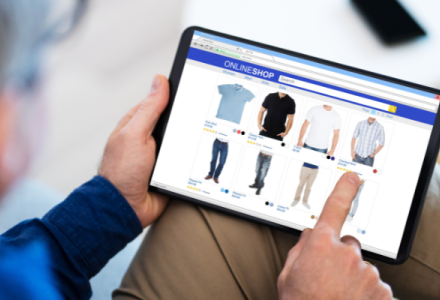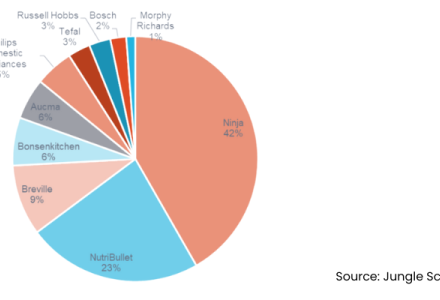Full of Itself, Short on Brains: Amazon's AI Shopping Assistant
Amazon’s AI-powered shopping assistant, Rufus, has been in use since July, giving us an opportunity to assess its performance. While the concept is exciting, its current implementation leaves much to be desired.
Rufus is prominently displayed as a button in the bottom-right corner of the app—a clear indication of Amazon’s commitment to AI-powered shopping. However, the unfamiliar icon may mean that many users overlook it.
A Simple but Flawed Interface
The AI interface is straightforward to use, but its mobile functionality has some issues. For example, when typing, the keyboard often covers the text input box, making it difficult to see and correct mistakes. This is compounded by the assistant’s tendency to remember past queries, making it frustrating to resolve errors.
Mixed Results with Product Prompts
Recently, Rufus has started appearing during product searches, offering prompts intended to assist decision-making. These range from generic suggestions to questions specific to the product being viewed. For instance, while browsing Mermaid Gin Spiced Rum, Rufus suggested asking, “What do customers say?” or “Can it be drunk neat?”
The latter example highlights Rufus’s limited intelligence. More useful prompts might relate to popular search terms or provide deeper insights into the product category. Its lack of contextual understanding detracts from its usefulness as a shopping companion.
Limited Flexibility with Open-Ended Queries
When asked an open-ended question like, “I want to buy some Japanese skincare,” Rufus immediately presented product recommendations without clarifying the user’s specific needs. While it later provided follow-up questions such as, “What Japanese skincare products are suitable for sensitive skin?” a structured decision tree would have been far more effective.
Persistent Errors in Memory
Another frustrating shortcoming is Rufus’s inability to forget mistakes. If an error is introduced into a query, the assistant continues to suggest irrelevant items based on that mistake. The only way to reset its memory is by closing the app entirely, which forces users to restart their shopping journey from scratch.
Still a Work in Progress
Rufus is clearly a product in its early stages. While it offers an interesting new dimension to the shopping experience, it lacks the intelligence needed to provide reliable, personalised answers. As its integration with product pages deepens, it could eventually help customers make better decisions and save time, but much more refinement is needed to achieve that goal.
A Bold Step Towards Future Innovation
Amazon’s decision to launch Rufus early is a bold move. The ongoing machine learning during this initial phase will undoubtedly help to refine its capabilities, enhancing both its relevance and its overall usefulness over time.
As Rufus evolves, it could transform product pages into dynamic data hubs with two primary purposes: attracting customers through search and responding intelligently to queries from shopping assistants. With further development, Rufus has the potential to become a trusted guide in the e-commerce landscape. For now, however, it remains very much a work in progress.



